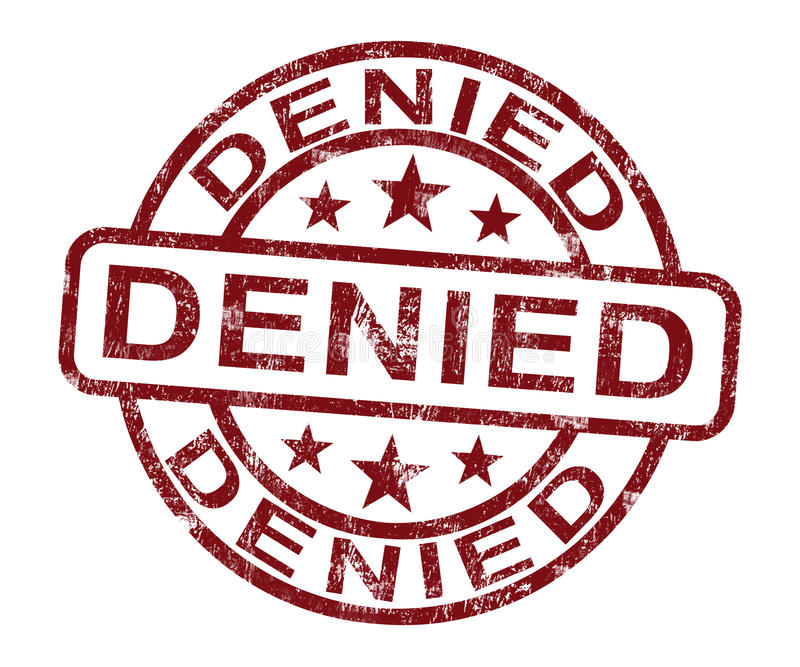Weaker Trademark! Are you stuck with a descriptive name?

A trademark that is descriptive of its goods and/or services cannot be trademarked as per Section 9 of the Trademarks Act, 1999. In the old trademark act, i.e., Trade and Merchandise Marks Act, 1958, which is fully replaced by the current 1999 Act, had allowed descriptive marks in Part B of the register.
In Section 9 of the 1958 Act, a mark will be registered in Part A of the register if only the mark is distinctive and Part B allows for descriptive marks but is capable of distinguishing the goods from others.
It is common for people to coin names that are geographically significant as well as merely descriptive for, what is misconceived, easier recognition and recollection. However, it certainly works on the opposite when a chosen name fails to function as a trademark and when the competitors, from all segments, tries to copy your business name or what you believed as your brand name. At this point in time there is very little someone can do legally to prevent or restrain others. These mistakes are not confined to small players and even big players in business choose brand names that are both geographically significant and merely descriptive, for example, Chennai Silks, Hotel Sarvana Bhavan, but continue to dominate the market due to their size of business which is not easier for others to mimic or copy. These businesses solely depend on their logo to distinguish their goods/services from others.

One must always avoid a brand name or business name that is geographically or merely descriptive name, which will be detrimental to your business in the long run, more specifically at the time of expansion.
These branding mistakes are often costly and irreversible and are best avoided by consulting with a trademark lawyer before choosing a brand name
Some pointers towards coining a good brand name are:
DO’s
- A coined name, such as Pepsi, Kodak, Xerox, etc. will always have a stronger value and is easily enforceable.
- Instead of resorting to a descriptive mark, you can pick a suggestive mark, such as Microsoft, Facebook, Twitter, Flipkart, Snapdeal, Fedex, etc. which indirectly informs your customers of your goods/services
DON’T’s
- Avoid personal names
- Avoid country names and associated symbols, emblems, flags, etc. that are reserved by the government.
- Avoid coining a brand name using goods/services that you offer in your business, such as Silk Shop, Lassi Shop, Parotta World, etc.
- Avoid using geographical names such as names of cities, towns, villages, etc.
- Avoid coining brand names around registered or well-known marks, for example, a trademark AMOOL in relation to milk products will be conflicting with the well-known mark AMUL.
- Avoid International Nonproprietary Names, see here for more details.
- Avoid deceptive trademarks, such as SWISS, AMERICAN, when your goods or services do not have any significance to the referred countries.





